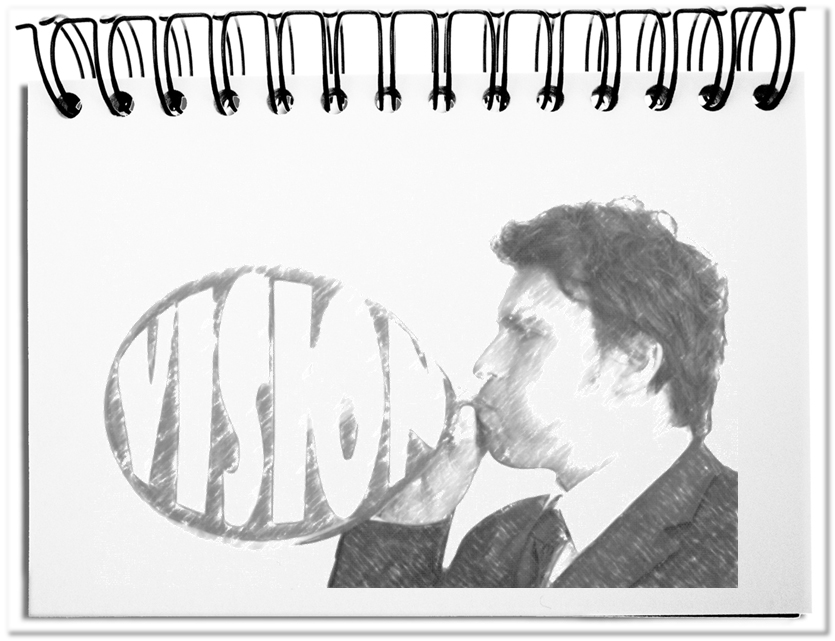In times of populism, words are charged with meaning. The meaning of a word actually arises in the mind of the readers or listeners, who link a message with their thoughts and thus develop their personal understanding. However, this effect can purposefully be distorted by additional information. Notably specialized language jugglers, who suggest to the listener that they know what is meant, produce their own messages. Through these influences, the audience is incapacitated and manipulated according to the conviction of the presenter.
How do they load words with meaning?
- Assuming falsified intentions
The direct way to a new meaning is to allege directly that the original speakers or writers have certain intentions. Based on this you quote examples that create the prepared framework, the deliberate manipulation. Whatever was originally said is gone. Example: With the statement “The author wanted to tell us that …” the commentator defines a new meaning. You should especially look for these assertions, because they could indicate a distortion of meaning. - Shifting the context
Less obvious is the shift of the context. By attributing statements to a particular group or by placing them in a historical context, new possibilities of interpretation arise. Since words are in a constant state of change, one can find a negatively charged time in history. The content receives thereby a new conceptual basis, which falsifies the original statements. Shift of context creates a new meaning. Example: The statement “We are the people” in the context of the year 1989 produces in Germany a different meaning than related to 2014. It is helpful to be aware of the context! - Reinterpreting with ambiguous synonyms
Words are often ambiguous – e.g. the step through the break of the wall gave him a break for eating a break. Content can be directed in a particular direction by using appropriate synonyms, which in turn have a wide field of interpretation. This can be done with several words simultaneously or successively. Example: The statement “Through transparency of the expectations you have more advantages” is distorted by using other words “With a clear view on the needs you expand your profits.” The word choice should always be questioned. - Covertly contradict
It is tricky not to pronounce an interpretation concretely but to contradict socratically with another interpretation. This implies a new meaning, without making it explicit. For example, “Honesty is the foundation for communication” might be contradicted by saying, “The own attitude should never create a disadvantage in mutual interaction.” It is clever not to get distracted by contradiction from what is really objected to. - Judging titles
The assumed impartiality of news reinforces statements by emphasizing individual aspects. Thus, a title prepares the readers for the objective news content. Unfortunately, the unbiased information gets quickly lost. Example: The following title “Violence against journalists at Pegida demonstration” focusses on the demonstrators, whereas “Dozens of arrests at demonstrations in Moscow” is used to target the police. A look at the involved parties as well as the preferred or accused side is always beneficial.
Bottom line: At the end of the day it is not possible to know what someone originally meant. This makes all comments on articles of others above all an expression of the interpreter. Nevertheless, the impression is created that there is a certain, correct interpretation. In this case allegations, context shifts, reinterpretations with ambiguous synonyms, hidden contradictions of facts and judging titles occur. That way third parties, commentators and critics, charge every message of other people with meaning that does not necessarily correspond to the original intention. Be aware!


